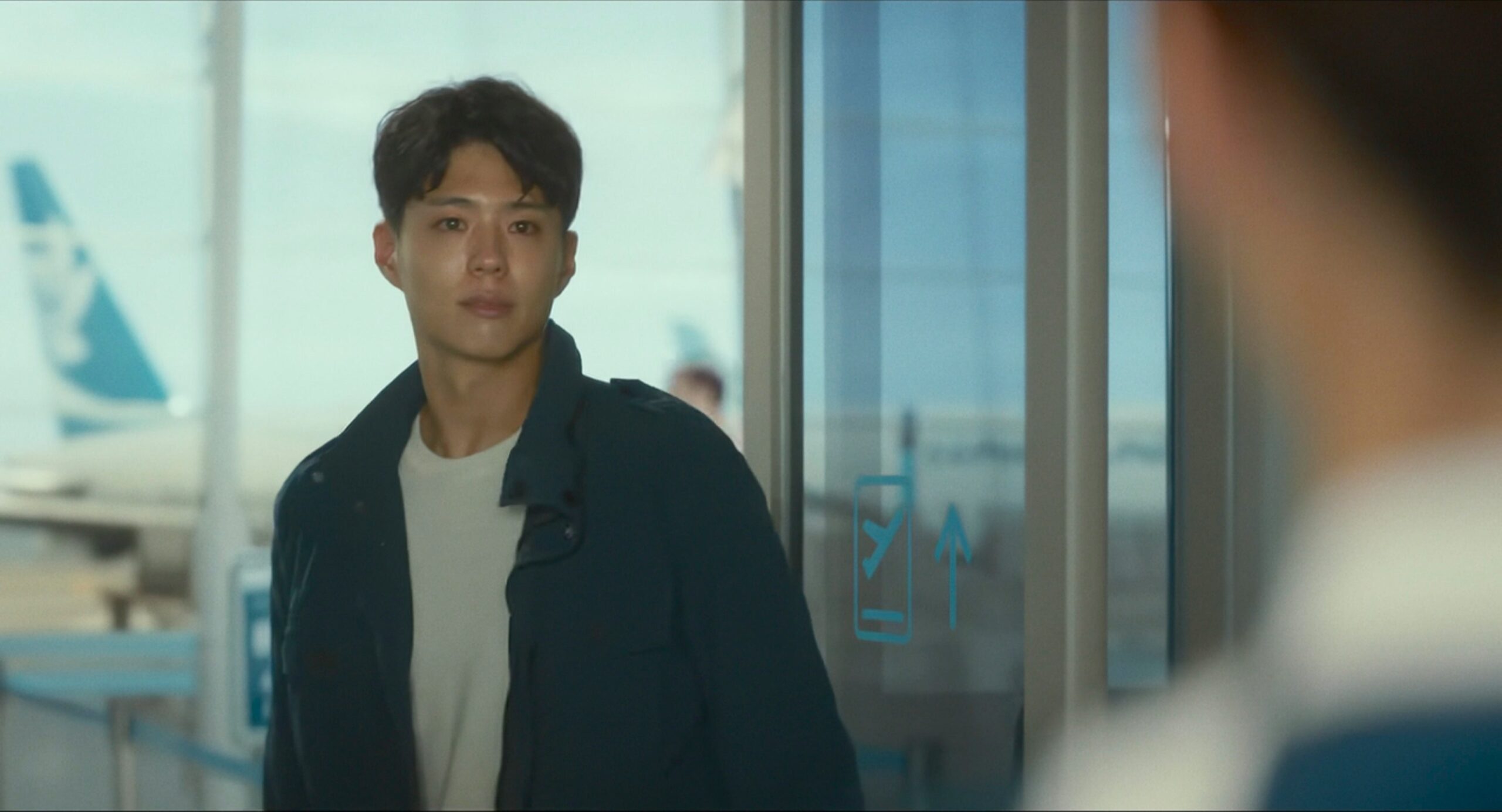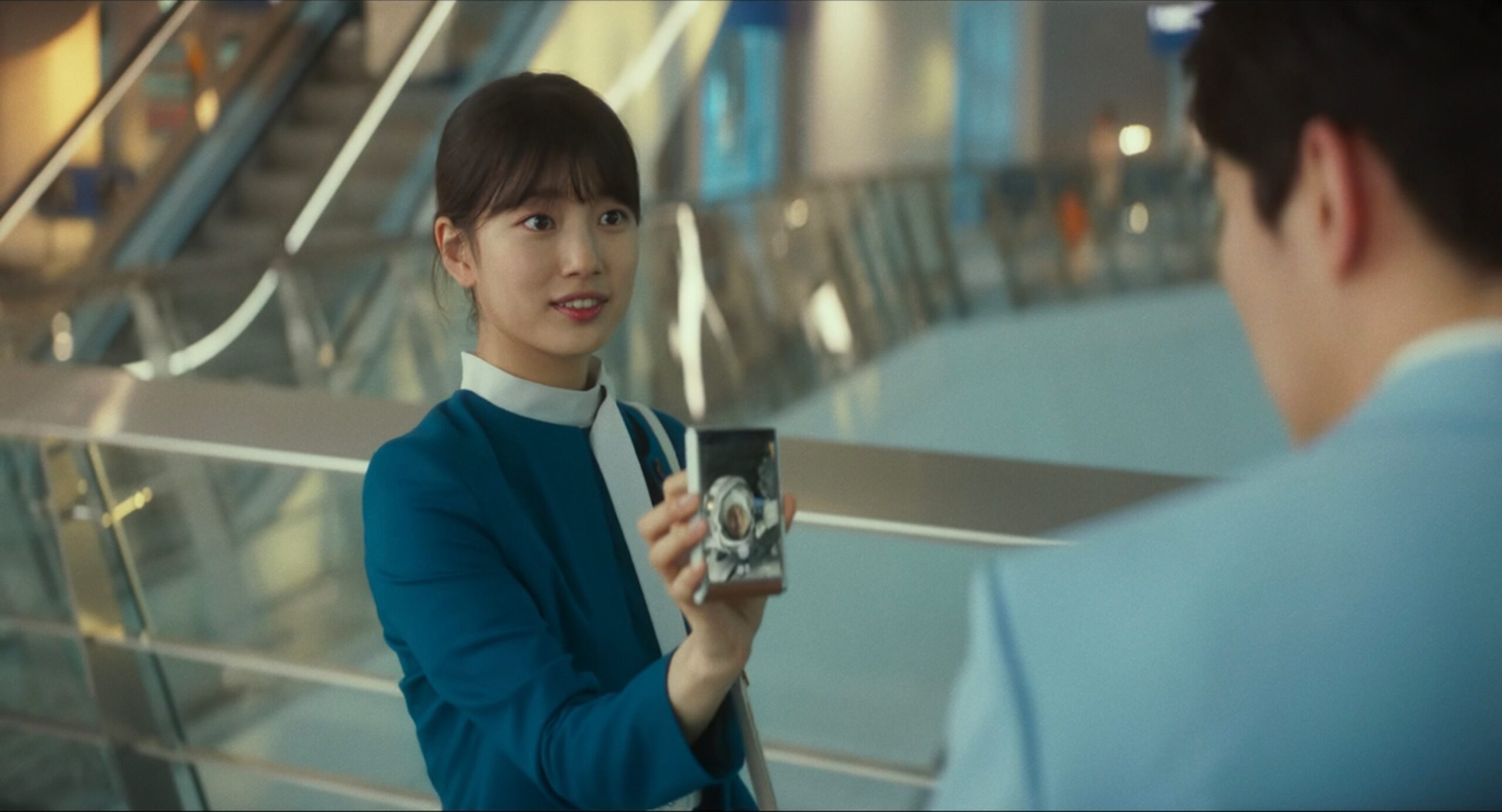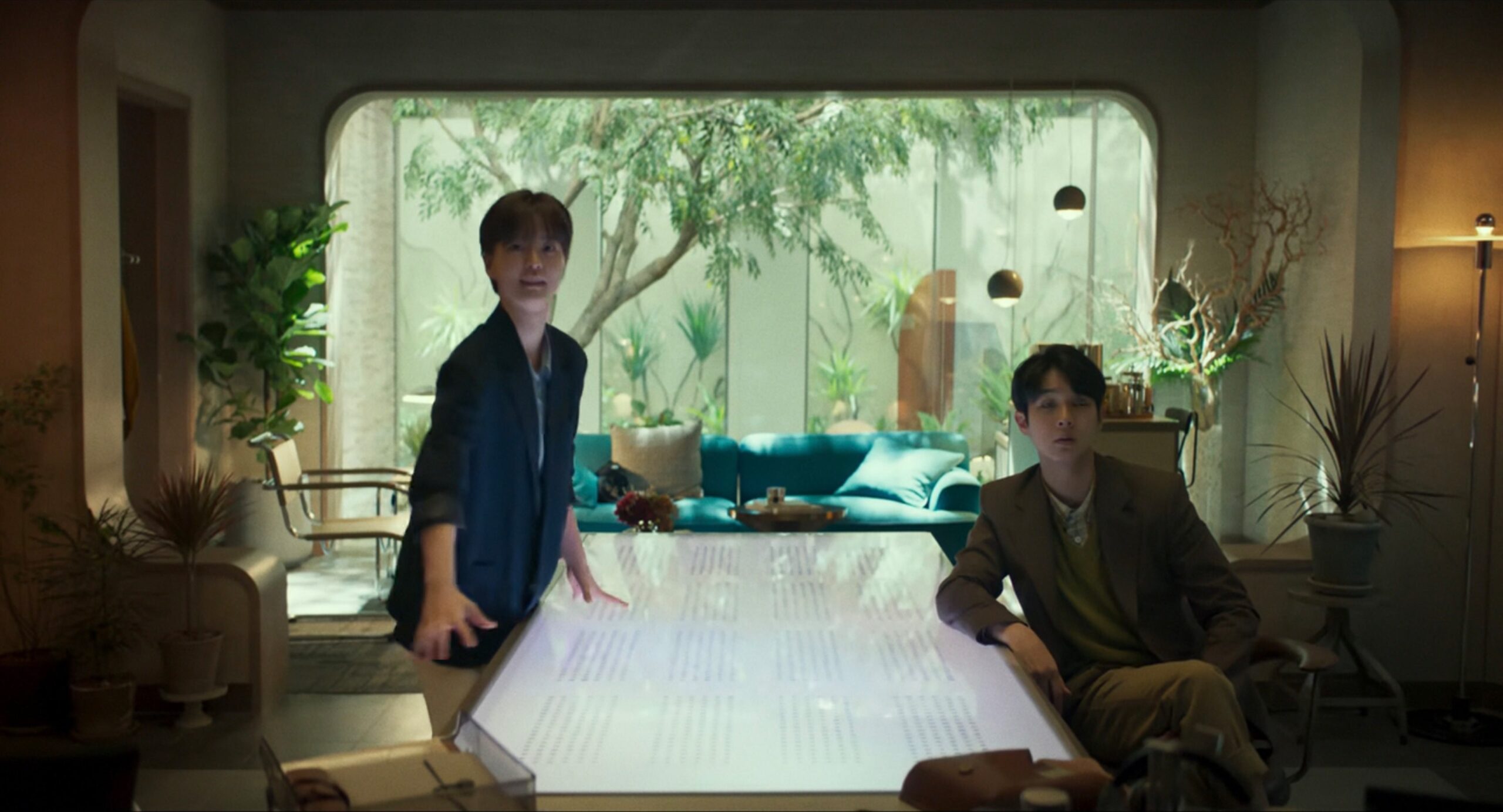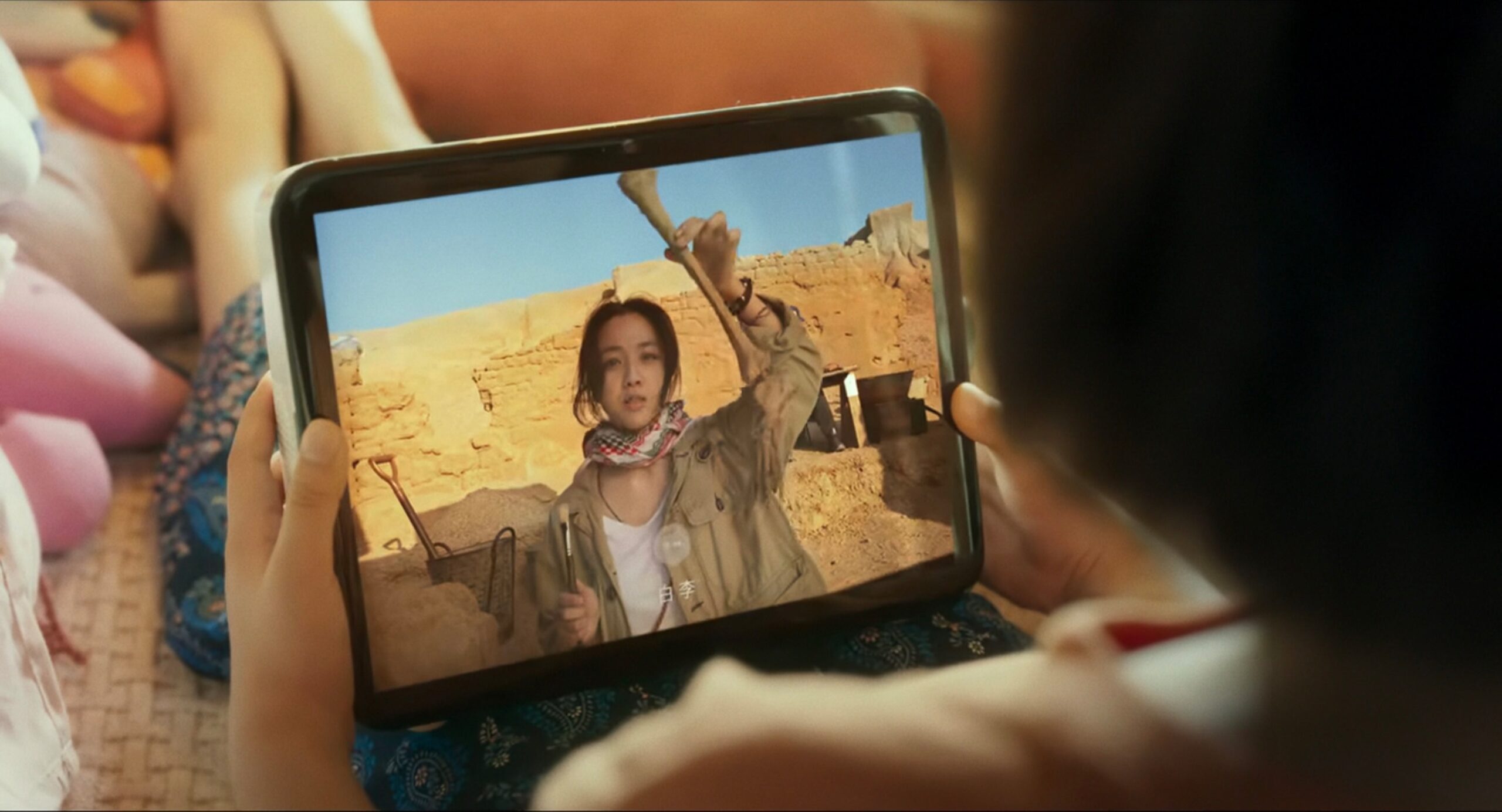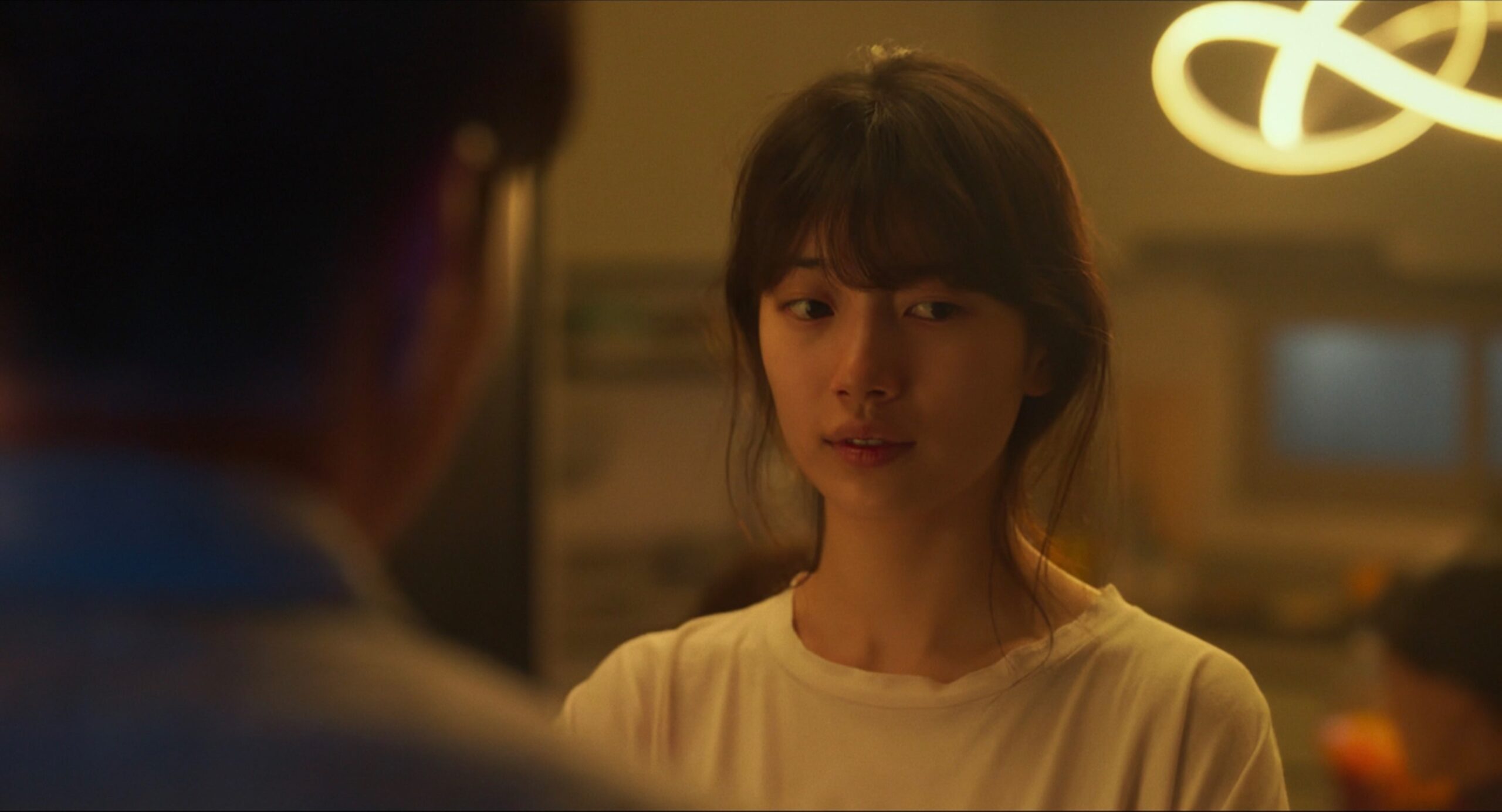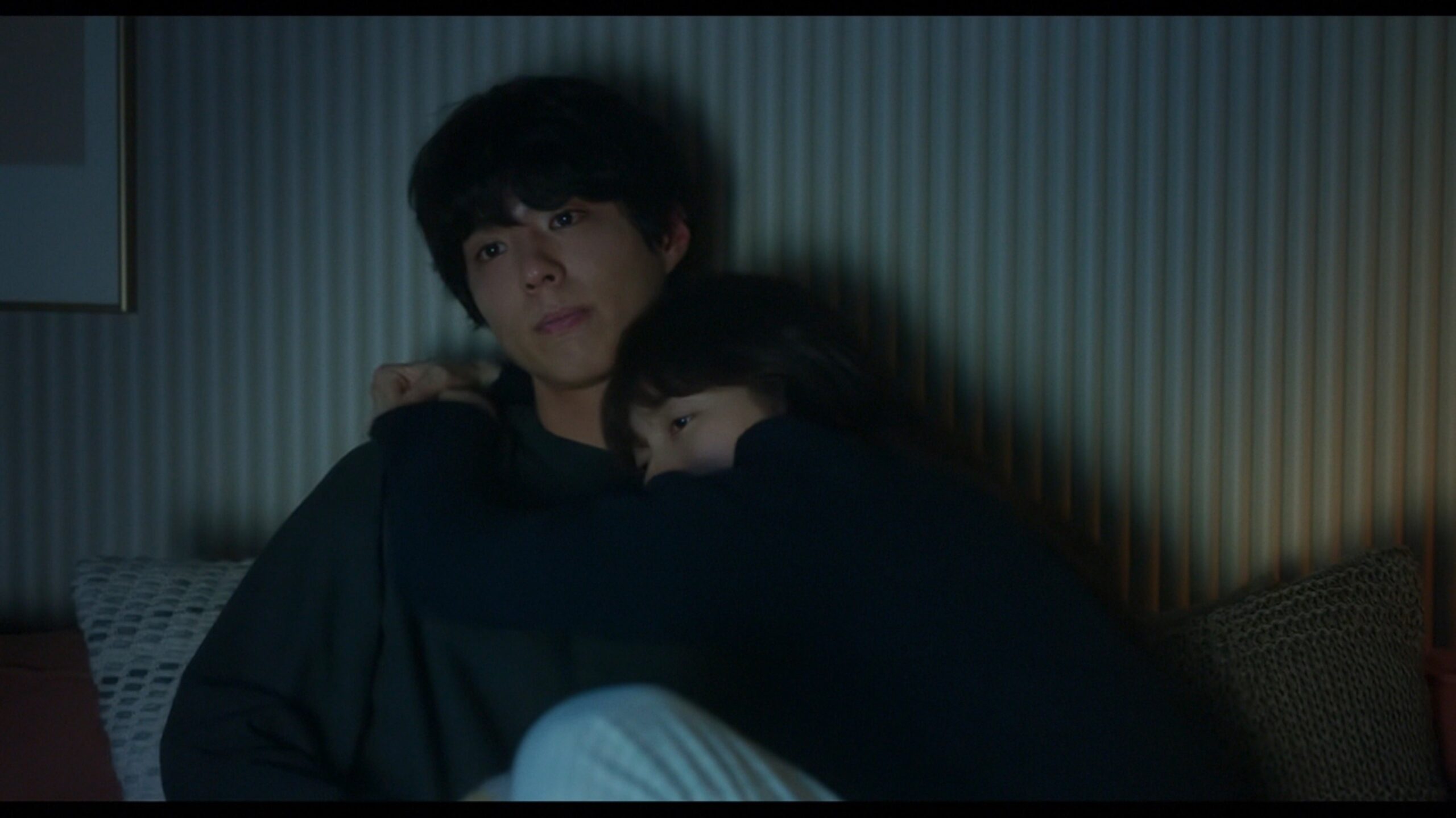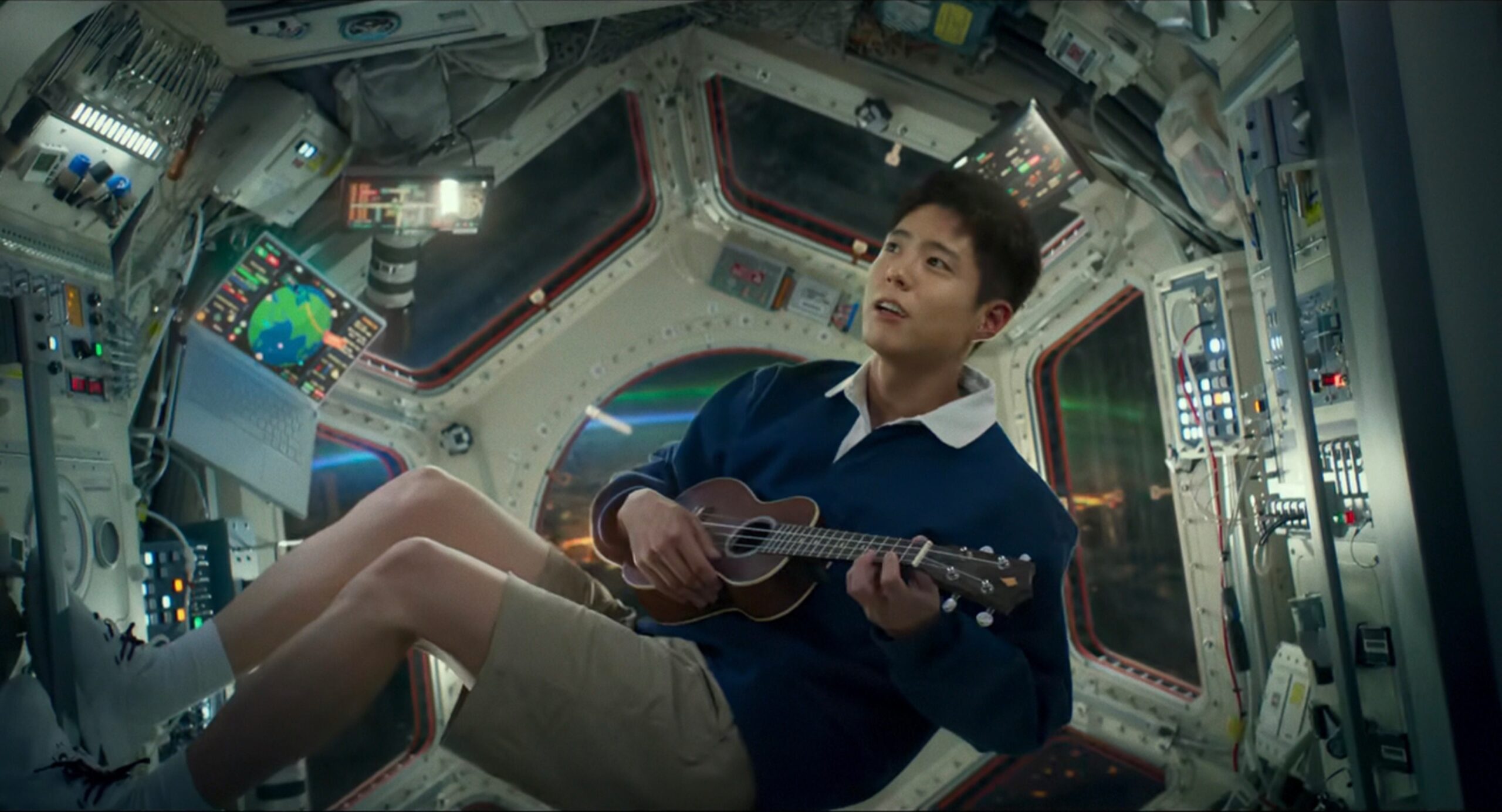[K-Movie Night] Wonderland » Dramabeans Korean drama recaps
[K-Movie Night] Wonderland
by Dramaddictally
Welcome to K-Movie Night — a once-a-month feature where we microwave some popcorn, put on a face mask, and get cozy with a Korean movie from yesteryear. With so many films finally streaming (with subs!), now is the time to get caught up on all those movies we missed featuring our favorite drama actors.
Each month, we’ll pick a flick, write a review, and meet you back here to discuss whether or not it’s worth a watch. Super simple. All you have to do is kick up your feet and join us in the comments!
MOVIE REVIEW
We’re coming to the close of the incredible drama When Life Gives You Tangerines, which, while totally worth the watch, has been tapering down the scenes of Park Bo-gum since the end of the first week. I’ve heard a lot of complaints about the lack of screentime, but have no fear because we’re gearing up to see his pretty face again in this month’s movie pick, Wonderland.
The film debuted in mid-2024, streaming on Netflix practically parallel with its theatrical release. It’s got a lineup of loveliness, with the likes of Suzy, Choi Woo-shik, and Gong Yoo alongside Mr. Park Bo-gum. We haven’t had a lot (or any?) sci-fi picks in this film review series, and Wonderland seemed like the perfect place to start. The rise of AI is a present-day reality, and I’m eager to see how it’s handled in this fictional account.
I’m not sure what to expect, so like the future of AI itself, we better prepare ourselves for anything.
The story opens by introducing us to a world that looks a lot like our own, with many people interacting through screens. A mom who’s working abroad as an archeologist talks to her kindergarten-age daughter on a video call, showing her the excavation site. And a flight attendant converses with her boyfriend — who’s an astronaut currently in space — as they keep each other company throughout the day on their phones.
But something isn’t as it seems. We see a shot of the mom before she left for her trip, saying she’s prepared everything and her daughter is none the wiser. And then, after seeing the boyfriend and girlfriend chatting all day, we watch the girlfriend visit that very same boyfriend at the hospital where he’s in a coma. This is our signal that those long-distance calls are only with avatars.
We learn that a company called Wonderland Travel Agency has built a business around keeping people in contact with their loved ones, once those loved ones have passed away or are in a deathlike state. At the helm of this mission are HAE-RI (Jung Yumi) — who started the company by creating AI avatars of her deceased parents — and HYEON-SOO (Choi Woo-shik), a guy with little personality and a big crush on Hae-ri (not that this thread goes anywhere).
For a sci-fi story, the setup is fine enough, raising relevant questions about the current state of tech and the human psyche (can we use AI to lessen our suffering from major losses?). But it runs into problems where the AI technology itself is concerned — which turns into a problem of cinematic storytelling. While it becomes clear to us that the “people” on the other end of these video calls are not in fact people, the movie shows us these avatars in their own worlds, absent any interaction with the living.
This is a strange choice because there’s no question about which of the two “realities” is the human world and which is a data-generated avatar. And yet, the film consistently treats the avatars as having separate and whole lives within the confines of their “wonderland” (that is, the places they always wanted to visit while alive, which they now get to reside in after death). In fact, it’s up to the survivors to hide the fact of their loved ones’ deaths from the avatars (huh? Even AI chatbots acknowledge that they’re AI).
So, as the movie digs into the pros and cons of a service like this, it muddles its message because you start to wonder: who is this for? Who is it to protect or to benefit? The answer should be that it’s for the people left behind, and yet the film treats the avatars as having equal consciousness as the humans. It’s almost as if they’re living in a dream state, or a deep freeze, rather than being computer representations of a former person.
This problem is most evident with the story of the mom (Tang Wei) and her young daughter. Not only does the daughter not know that her mother is in fact dead (the grandmother is hiding this), but the mother herself “believes” she’s just across the globe on an archeology mission and can come home at any time. This leaves the grandmother in a predicament, trying to protect both sides — and causing herself more suffering and turmoil.
It’s an interesting question to raise (about how refusing to acknowledge loss might lead to prolonged suffering), but it’s raised in the totally wrong way. For a technology that’s marketed to ease the transition of death, shouldn’t the dead be included? (Why are we gaslighting ghosts?).
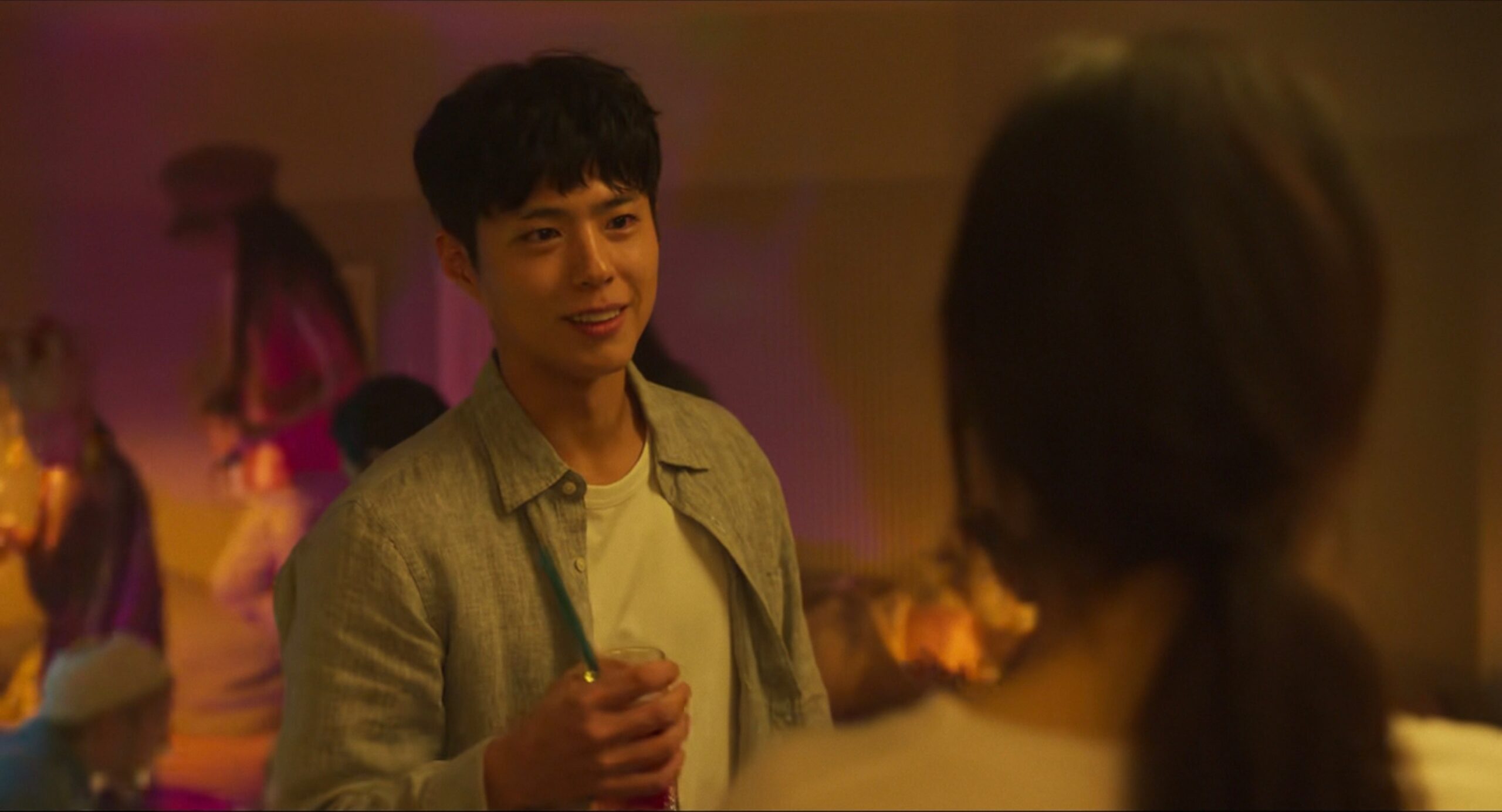
This is why the most fascinating storyline is the one with the flight attendant, JUNG-IN (Suzy), and her comatose boyfriend, TAE-JOO (Park Bo-gum). Pretty early in the movie, Tae-joo comes out of his coma, and Jung-in has to grapple with the reality of who her boyfriend is now versus the fantasy version of him that she’s been living with all this time.
This is an affecting conundrum, first, because it highlights the fact that the AI avatar is not related to the consciousness of the real person (making the other storyline feel even more ridiculous). And second, because this is a thing that happens in real life, even without AI. When people are separated by distance (war, immigration, jobs that keep them away), the idealized version in one’s head usually doesn’t align with the real person who comes home at some point.
There’s a moment when Jung-in says to Tae-joo — who’s acting nothing like his pre-coma self — “this isn’t you.” And he starts to question, then what is? How is he supposed to behave? Does she know him better than he knows himself? Who gets to say what’s real? But we see that she’s stuck on the flawless vision of him in space — this avatar that only exists to sustain her hopes and happiness, with no needs of his own. While she was waiting for Tae-joo to wake up, she got attached to someone else, who happens to look just like him. How can he (or any of us) ever live up to a perfected version of ourselves that other people create for us?
Wonderland is an entertaining watch with lots of food for thought about the current state of AI and how it relates to grief, loss, and emotional attachment. But while the movie ignites many questions, it doesn’t pack a punch in terms of the dangers or benefits that a technology like this might pose. Instead, it’s a lighthearted film that wraps up in a bow, with characters that feel mostly as artificial as their avatars.
I’m not sure there’s anything new here, but sometimes it’s nice to reconfirm what we already know. In this case, the idea that hit me hardest is how risky it is to live in a fantasy — because the real world feels even less satisfying when you’re forced to return to it.
Join us in April for the next K-Movie Night and let’s make a party of it! We’ll be watching Shades of the Heart (2021) and posting the review during the last week of the month.
Want to participate in the comments when it posts? You’ve got 3 weeks to watch! Rather wait for the review before you decide to stream it? We’ve got you covered.
RELATED POSTS

